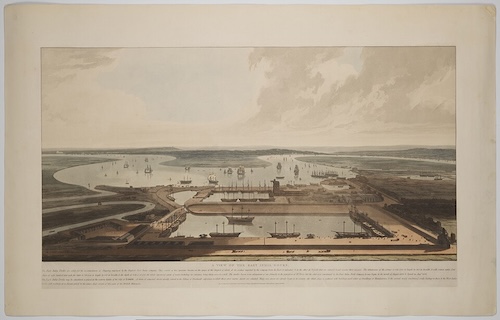In 1773, the British Parliament passed the Tea Act to help the struggling British East India Company. The company had too much unsold tea because American colonists had been boycotting British goods in protest of unfair taxes. The Tea Act gave a monopoly to the company. It allowed the East India Company to sell tea directly to the American colonies, skipping over colonial merchants. This lowered the price of tea, but kept the tax on tea from earlier laws.
British leaders thought colonists would be happy to buy cheaper tea, but many were angry. The colonists believed that buying the tea would mean accepting Parliament’s right to tax them without representation. They were also concerned that local merchants selling smuggled Dutch tea would lose business because of the East India Company.

The Tea Act deepened colonial resentment toward Britain. Many colonists argued that even a small tax without their approval was dangerous because it meant Parliament might tax them more in the future. One result of this growing anger over tea, taxation, and control was the Boston Tea Party.
